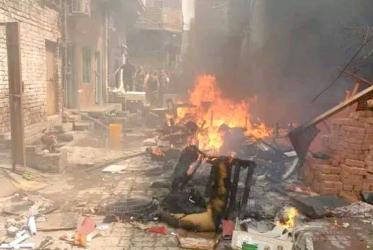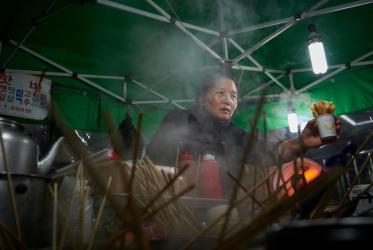Displaying 1 - 20 of 23
Lighting the lives of many
28 June 2022
WCC well-represented in Religions for Peace leadership
07 October 2019
Dr Saïd Ailabouni: God is on the side of rejected, oppressed, occupied
12 September 2019
“Economy of life” lifted up at special school in Indonesia
22 August 2019
Church in Bali empowers youth to break cycle of poverty
18 March 2019
How can you help refugees?
11 October 2018
WCC calls for prayer for flood-stricken Kerala, India
18 August 2018
G20 summit: call to pray for peace in Hamburg
07 July 2017
New video presents Ecumenical Advocacy Alliance’s call to action
13 January 2016







